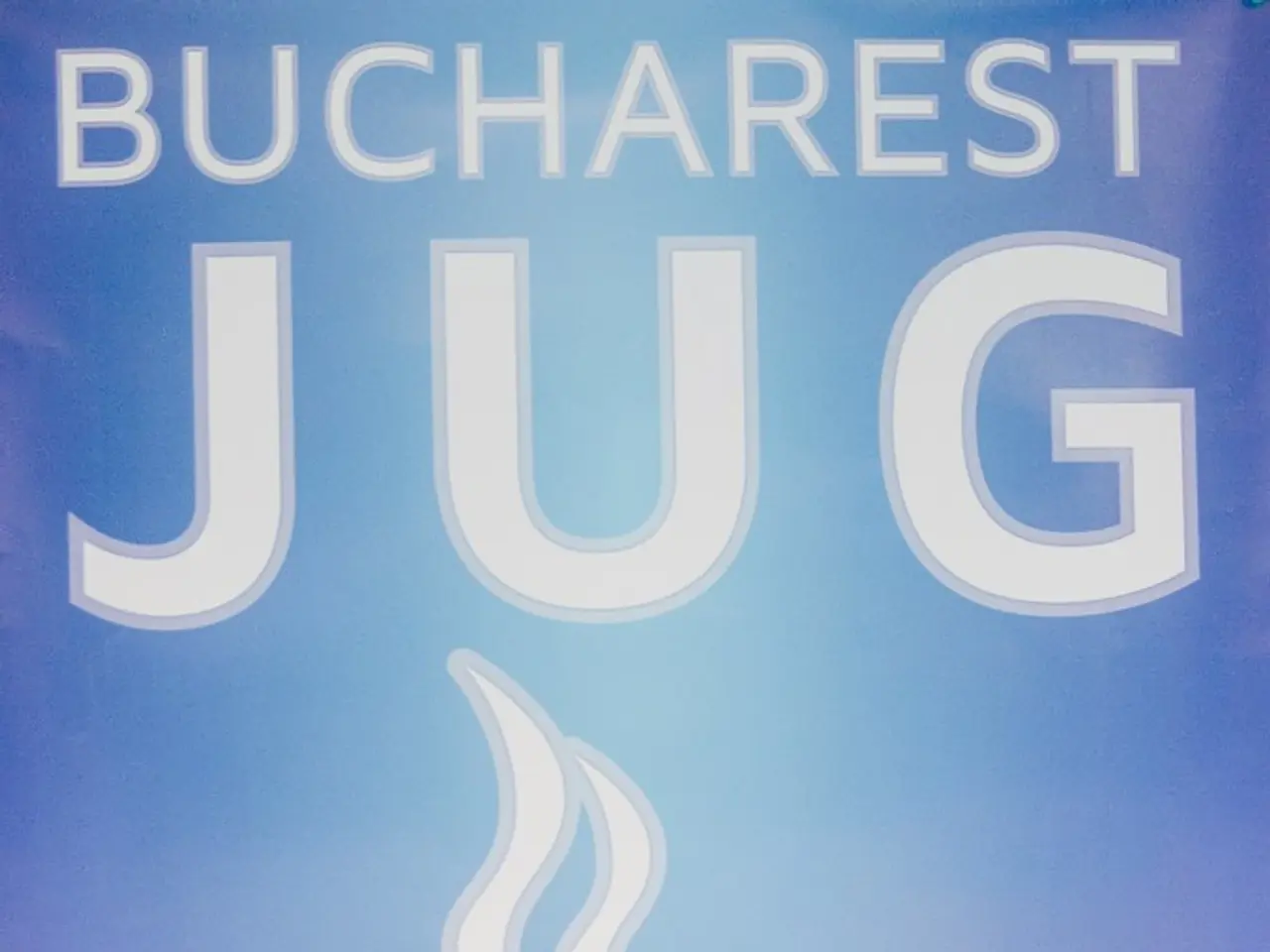Royal Society of Chemistry Alliance Aims to Tackle Plastic Waste
A significant step towards sustainability has been taken with the formation of an alliance by the Royal Society of Chemistry. The alliance, which includes industry giants like Unilever, BASF, and Reckitt, along with suppliers and retailers, aims to tackle the challenge of polymers in liquid formulation (PLFs).
PLFs, found in various consumer products, pose a significant sustainability challenge. Almost all of the 36 million tonnes produced annually go unrecovered or unrecycled. To address this, the alliance will define sustainability targets for single-use and durable PLFs, setting benchmarks for improvement across their lifecycle.
The alliance is part of the Royal Society of Chemistry's Sustainable PLFs 2040 initiative. It aims to proactively develop harmonised tools and frameworks for PLF material passports years before the EU's Ecodesign for Sustainable Products Regulation (ESPR) makes Digital Product Passports (DPPs) mandatory for most products sold in the EU from 2027 onwards. DPPs can empower consumers with product transparency, help businesses comply with regulations, and enable circular innovation.
The alliance's work is crucial in the global effort towards sustainable chemistry. By setting clear targets and developing tools for PLF material passports, it paves the way for a more sustainable future for PLFs and the broader chemical industry.
Read also:
- Postpartum Period and Gestational Diabetes: Does it Persist?
- Controlled spree of Legionnaires' disease among Harlem residents ceased, city health authorities confirm; however, locals push for increased openness and information disclosure
- Transform City for the Better
- Prostate Cancer Examination Guidelines, Outcomes, and Financial Aspects







